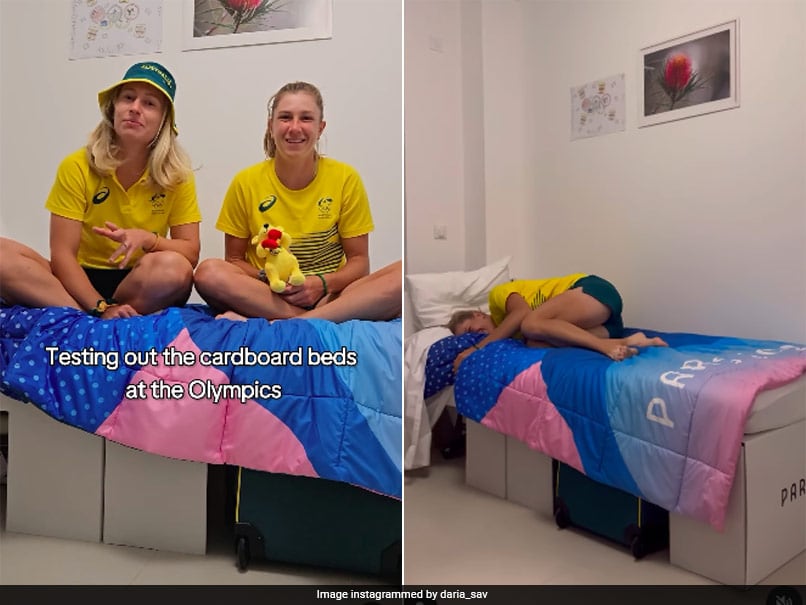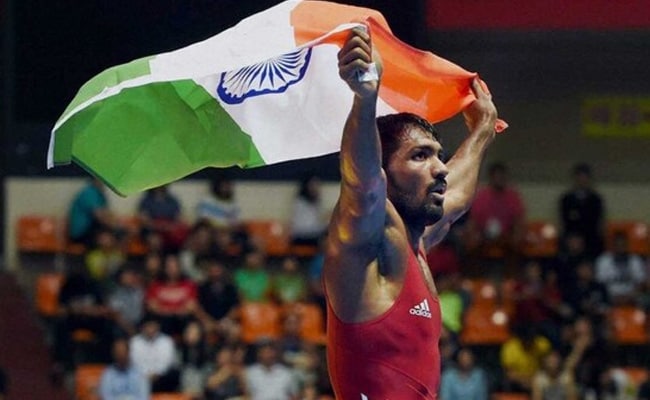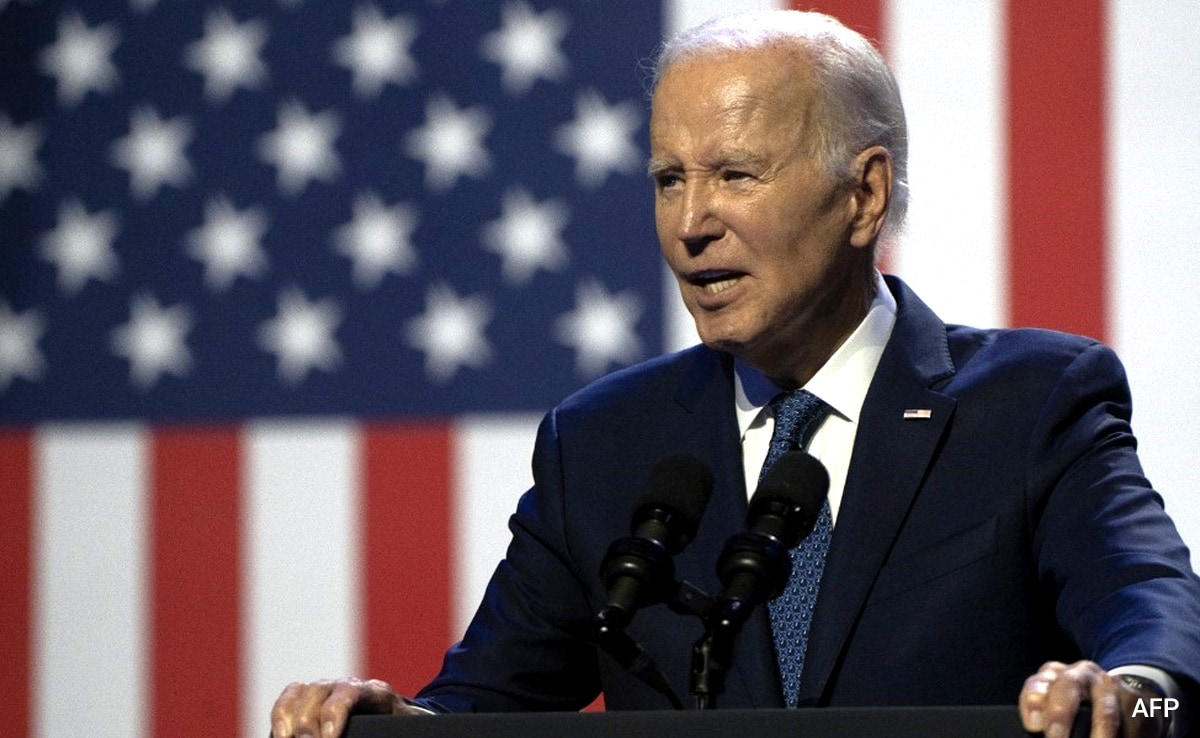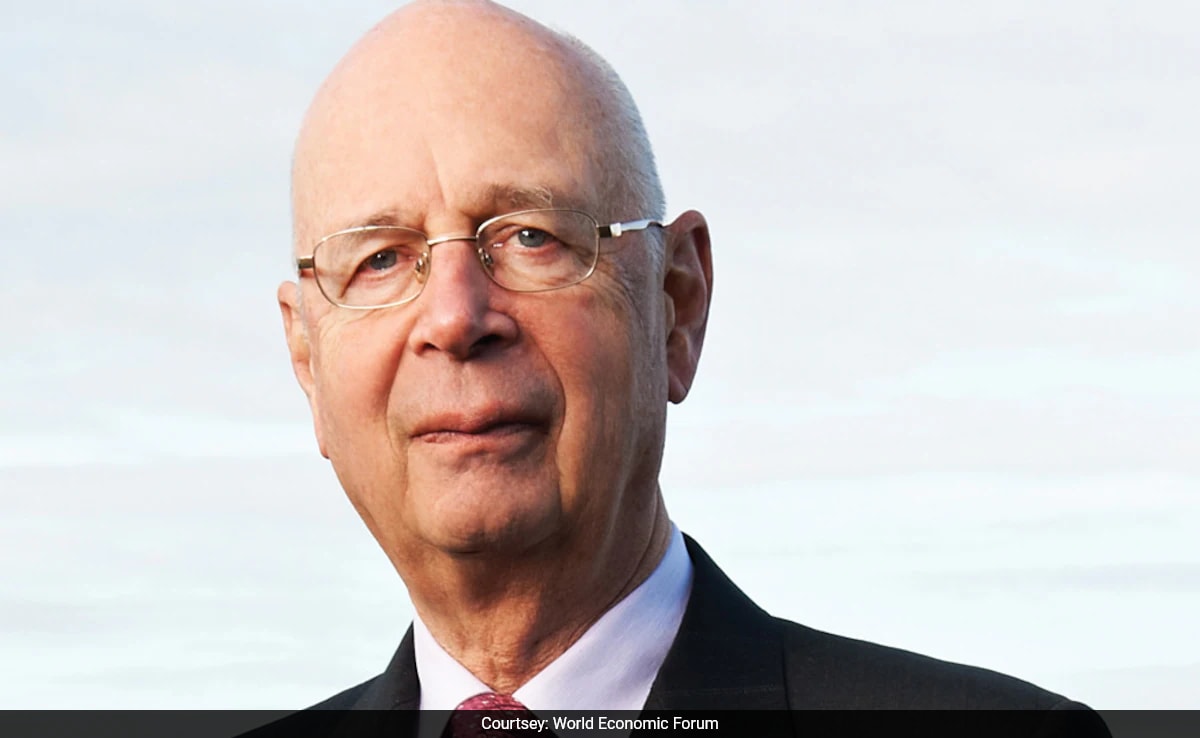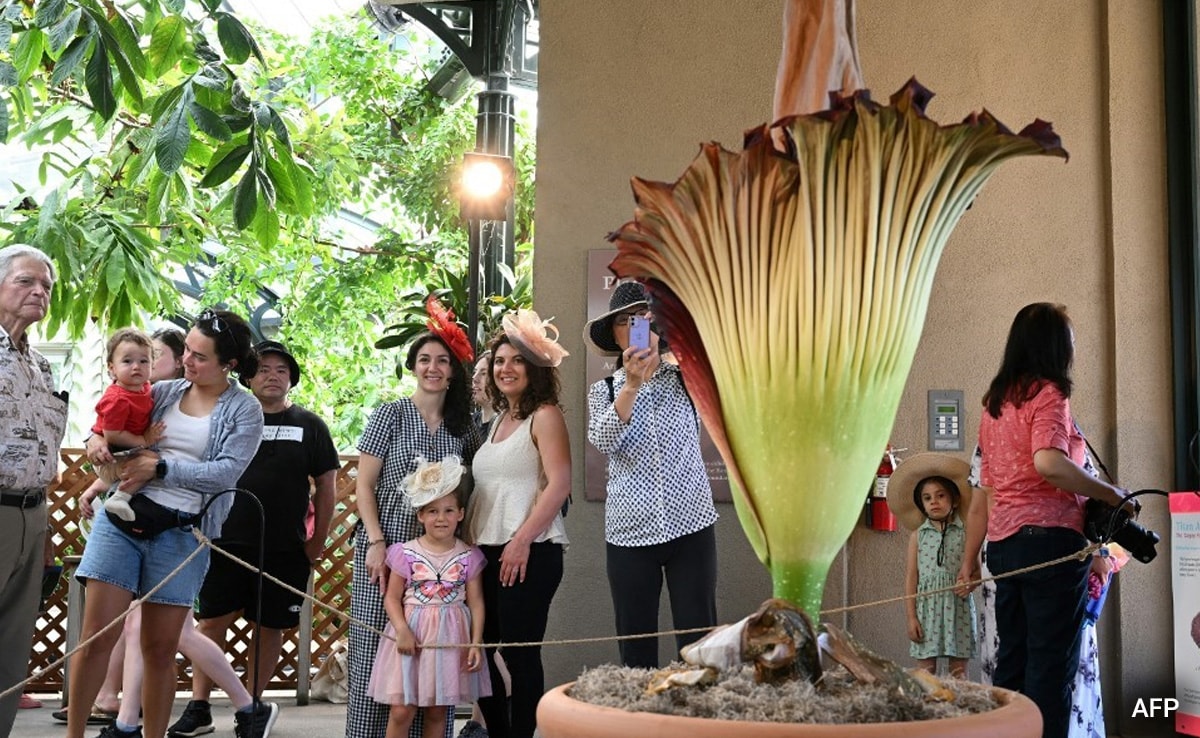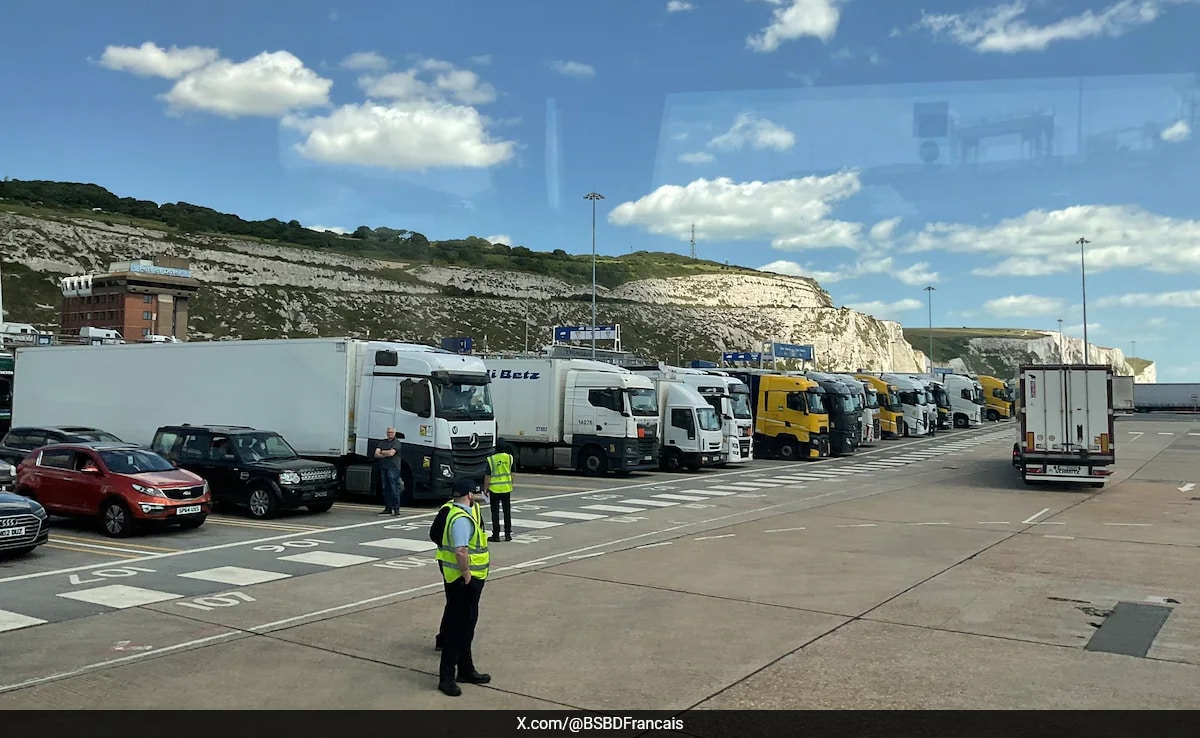Palau’s President Surangel Whipps
| Photo Credit: AFP
The president of Palau has accused China of “weaponising tourism” in a bid to get his Pacific nation to break ties with Taiwan.
Palau is one of just 12 states worldwide that diplomatically recognise self-ruled Taiwan, which China considers part of its territory.
Solomon Islands, Kiribati and Nauru have all switched allegiance from Taiwan to China in recent years, and Palau President Surangel Whipps said China had put pressure on his tiny Pacific archipelago of 18,000 people to follow suit.
Explained | Why has the China-Solomon Islands deal become the latest flashpoint between China and the U.S.?
“We have a relationship with Taiwan… China has openly told us (that) is illegal and we should not recognise Taiwan,” Mr. Whipps told reporters Wednesday.
Speaking during an official visit by New Zealand Foreign Minister Winston Peters, Mr. Whipps claimed China had told Palau that “‘the sky is the limit, we can give you everything you need'”.
“We need economic development, but at the same time we have values, we have partnerships, and the relationship we have with Taiwan, we treasure,” he added.
“We’re willing to be China’s friend, but not at the expense of our relationship with Taiwan.”
He went on to accuse China of “weaponising tourism” and seeking to influence visitor numbers.
“Around half of Palau’s gross domestic product comes from tourism,” according to data from the International Monetary Fund.
“Most recently, there’s been in Chinese news that Palau is an unsafe place and you shouldn’t go visit,” Mr. Whipps said.
He also said Palau was blocked from attending a meeting of the Pacific Asia Travel Agents Association in the Chinese territory of Macau just before he attended the inauguration of Taiwanese President Lai Ching-te in May.
“It’s the reality that we face,” Mr. Whipps added.
This is not the first time Mr. Whipps has accused Beijing of meddling in Palau’s affairs.
He pointed the finger at China in June after Palau suffered a major cyberattack. Mr. Whipps said analysis of the data showed the ransomware was likely developed in Russia, it was sent out of Malaysia and “it looks like it has ties back to China”.


